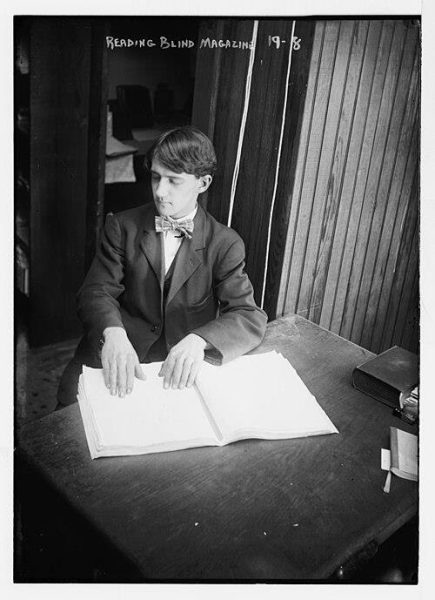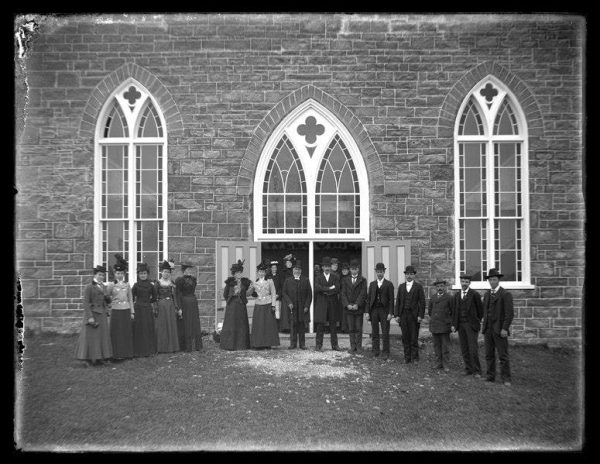Archive for the ‘Uncategorized’ Category

CAUTIONARY TALE EPISODE 99
LISTEN TO THE BLIND
Using Screen Reader Technology to Accommodate Sightless Employees
Settling a lawsuit by the Equal Employment Opportunity Commission (EEOC), The Results Companies, LLC in Fort Lauderdale, has agreed to pay $250,000 for refusing to accommodate a blind new hire who asked for a screen reader to enable her work as a telephone customer service agent. She had requested the company consult with her screen reader software publisher and her vocational counselor. The company fired her instead.

CAUTIONARY TALE EPISODE 98
RELIGIOUS DISCRIMINATION IS NO VACATION
EEOC is Suing Marriott for Failure to Accommodate Saturday Sabbath
The federal Equal Employment Opportunity Commission has sued two Marriott entities in Orlando, alleging discrimination for requiring a Seventh-Day Adventist sales executive to work Saturdays…

DIGITAL DILIGENCE
AI Hiring Tools Must Avoid Discrimination
California’s Fair Employment and Housing Act (FEHA) protects employees against discrimination, harassment and retaliation.

ROAD MAP
THE HR HIGHWAY
Workplace Policy Handbook & Forms for 2025
Clear, written policy anchored in current workplace laws is key to smooth, efficient operations. If properly adapted and applied uniformly, our “hire-to-fire” forms and template policy manual, all updated for 2025, can help reduce the inter-staff confusions that can plague production.

CAUTIONARY TALE EPISODE 97
OLDER WORKERS ARE PEOPLE, TOO
EEOC Settles Age Discrimination Claims Against Theatre Chain
The federal Equal Employment Opportunity Commission (EEOC) has entered a consent decree in an age discrimination lawsuit against movie theatre chain, Allen Theatres, Inc. (Allen). Charges included forced retirement of a 30-year theatre manager because he was 73 years old, stopping health coverage when employees reached 65 years and Medicare eligibility, and paying less to employees over 65.

EMPLOYERS CATCH BREAK ON BREAKS
California Court Approves Prospective Written Meal Break Waivers
In a rare victory for California employers, in Bradsbery v. Vicar Operating, Inc., a California appeals court ruled that employers and employees may enter into written break waivers for unspecified future meal periods under Labor Code 512 and Industrial Wage Commission Orders 4 and 5.

SALARY REDUCTIONS
Exempt Employee Do’s and Do Nots
For properly-classified “exempt” workers, California employers are not required to comply with certain labor laws, including overtime pay, timekeeping, and provision of meal and rest breaks.

VERIFICATION MODIFICATION
Minor Changes to Form I-9 Language
All employers must verify identity and work authorization for employees hired within the U.S., including citizens and non-citizens, using “Form I-9, Employment Eligibility Verification” (the I-9 Form).

CO-MOTION OR COMMOTION?
Workplace Policy Handbook & Forms for 2025
Clear, written policy anchored in current workplace laws is key to smooth, efficient operations. If applied uniformly, our “hire-to-fire” forms and template policy manual, all updated for 2025, will help reduce the inter-staff confusions that can plague production.

OLD SCHOOL IS PUNCHING OUT
Deter Class Action Challenges by Digital Timekeeping
As too many businesses are being shoved to the brink by mass litigation seeking millions over “minor” Labor Code violations, we continue to preach prevention. Sweat The Details – Friendly Workplace Practices Audits Before PAGA Comes Calling (January 24, 2025).
